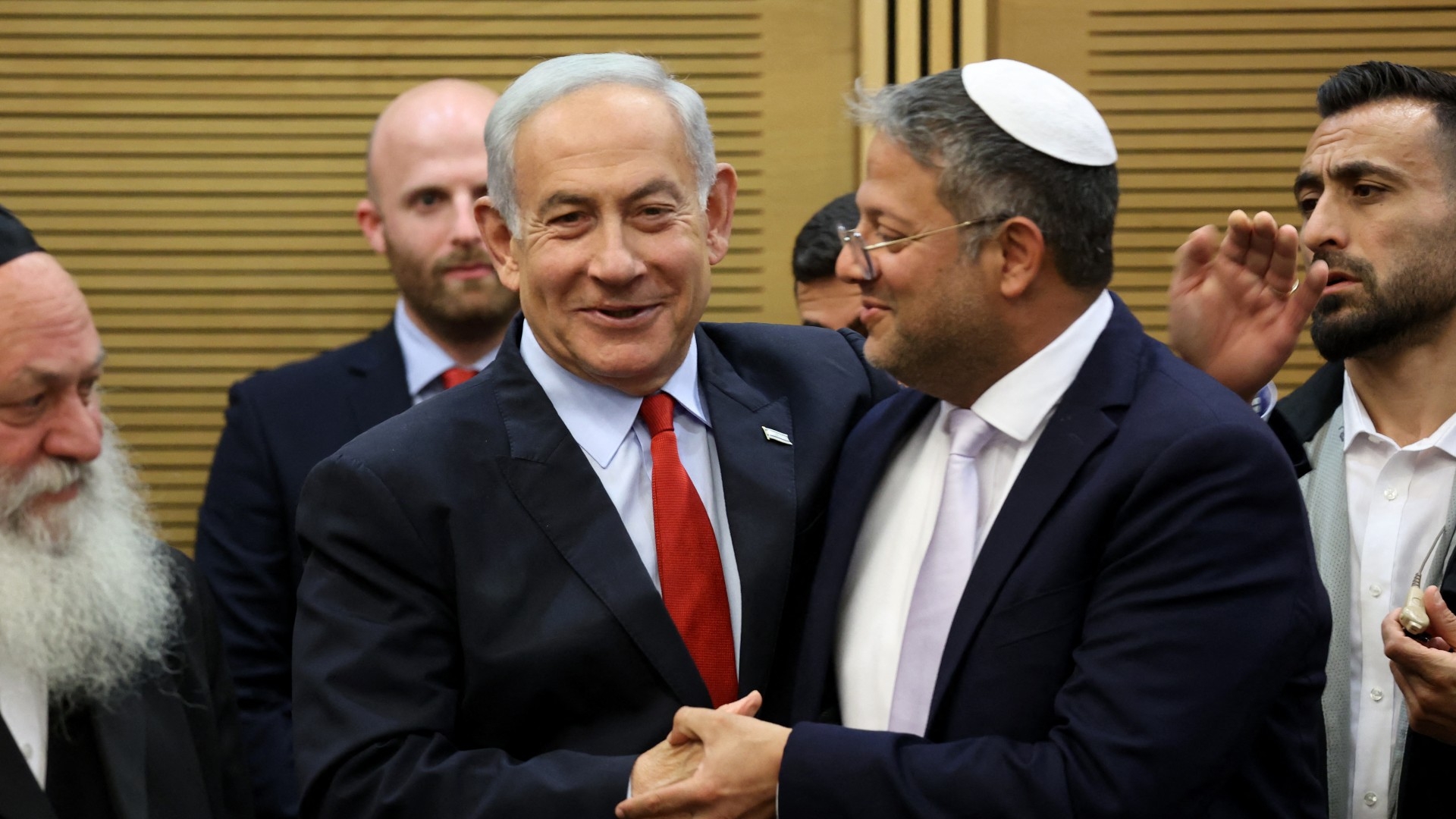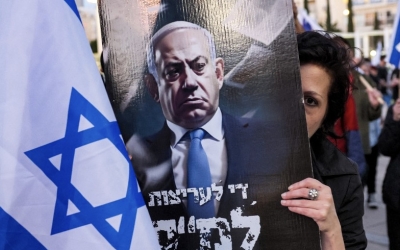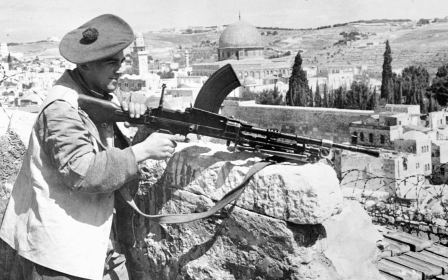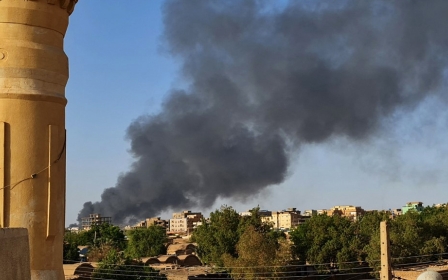Israel passes budget after increasing funds to ultra-Orthodox communities

Israel's parliament has passed a national budget for the next two years that includes a contentious increase in funds to ultra-Orthodox Jewish communities.
The vote was passed in the early hours of Wednesday, with 64 Knesset members voting in favour and 56 against.
The budget earmarked 484 billion shekels ($131bn) for this year and 514 billion shekels ($139bn) for the next.
It increased funds to schools and seminaries serving ultra-Orthodox Jewish communities to the tune of $1.6bn, including grants for unregulated religious schools that do not teach core subjects such as maths and science.
There was also $67.5m allocated for married ultra-Orthodox Jewish men who choose to study religious texts rather than work.
New MEE newsletter: Jerusalem Dispatch
Sign up to get the latest insights and analysis on Israel-Palestine, alongside Turkey Unpacked and other MEE newsletters
That grant was included as part of a deal to secure the votes of the United Torah Judaism, one of the government's ultra-Orthodox coalition partners.
National Security Minister Itamar Ben-Gvir's Jewish Power party, which had recently boycotted a number of budgetary votes, ended its dispute after the budget allotted an additional 250 million shekels ($67m) to the Negev and Galilee Development Ministry.
The move is likely to increase pressure on the large native Palestinian population of the Naqab (Negev) and the Galilee, who have long accused the Israeli government of attempting to uproot them through various policies. These include confiscation of lands, building of new settlements, barring dozens of villages deemed illegal from access to water, electricity and transportation.
Ben-Gvir said Sunday that his party had demanded more funds to increase Jewish presence in those regions.
"Jerusalem is our soul, the Negev and Galilee are our life force. We must act there, we must be sovereigns also in the Negev and in the Galilee, and the basis is the budget," he said.
There are nearly two million Palestinians with Israeli citizenship, making up nearly 20 percent of the population. Around 300,000 of them live in the Naqab.
Prime Minister Benjamin Netanyahu had spent recent weeks cutting deals with ultra-Orthodox and far-right coalition partners to meet the 29 May budget deadline, or face the prospect of fresh elections.
"We won the elections, we passed the budget, we'll continue for four more years," Netanyahu wrote on Facebook on Wednesday morning.
'Looting public purse'
The premier hinted at reviving a controversial plan to overhaul the judiciary.
Asked whether judicial reforms were back on the agenda, he told Channel 14: "Certainly. But we are trying to reach understandings [in talks with the opposition]. I hope we will succeed in that."
The overhaul, which would give the government control over naming judges to the Supreme Court and let parliament override many rulings, was paused after opponents organised some of the biggest street protests ever seen in Israel.
Thousands of Israeli protesters took to the streets of Jerusalem on Tuesday night, accusing the coalition government of "looting" state coffers.
Opposition leader Yair Lapid described it as "the worst and most destructive budget in Israel's history".
“This is a budget that encourages people to not pursue higher education, not work, not provide for their children,” he said. "It brings no good news, doesn't fight the cost of living, and only amounts to endless extortion."
Avigdor Lieberman, former foreign minister, described the budget as a "black stain" on Israel's history that amounted to a "looting of the public purse".
"[The government] has decided to perpetuate ignorance and poverty and fuel inflation," he said.
Meanwhile, former defence minister Benny Gantz said the budget was "politically biased", serving "more than a hundred percent to the coalition's needs, zero to the country's needs".
Left-wing lawmaker Ofer Cassif called on the public to protest against the budget, which he described as "a budget of occupation, racism and discrimination".
Middle East Eye delivers independent and unrivalled coverage and analysis of the Middle East, North Africa and beyond. To learn more about republishing this content and the associated fees, please fill out this form. More about MEE can be found here.





